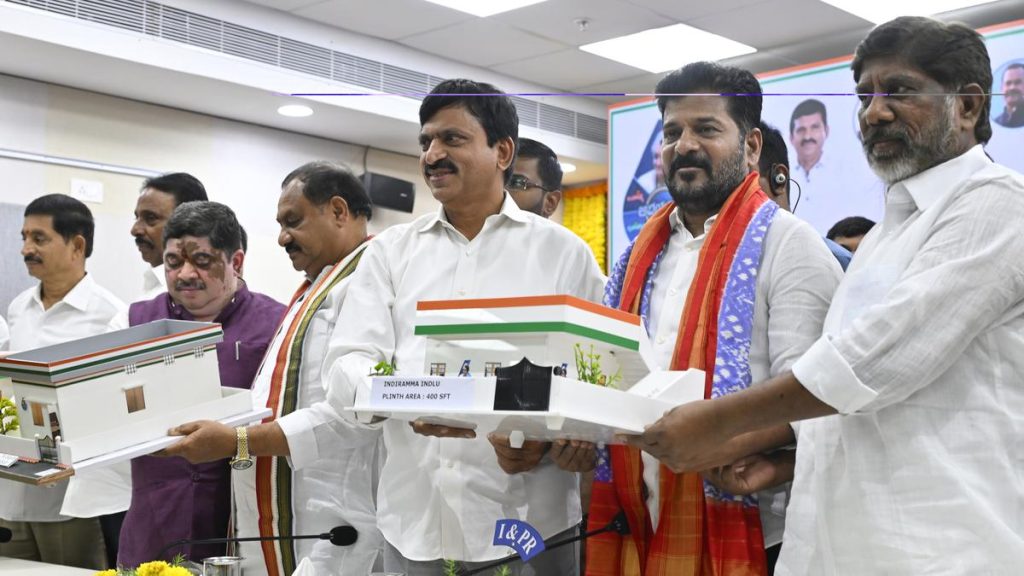Now Reading: EPFO Pension Issues: Challenges for Members and Retirees
-
01
EPFO Pension Issues: Challenges for Members and Retirees
EPFO Pension Issues: Challenges for Members and Retirees

Swift Summary
- Parliamentary Standing Committee on Labour, Textiles, and Skill Development called for revising the minimum monthly pension of ₹1,000 under Employees’ Pension Scheme (EPS) 1995 managed by the EPFO.
- This amount has remained unchanged since it was set in August 2014 during Congress-led UPA’s regime; BJP later implemented but criticized it as “pittance.”
- Government allocates ₹980 crore annually for minimum pension payments but would need triple this amount to create a meaningful increase.
- Centre contributes 1.16% of wages capped at ₹15,000 towards EPS corpus; revised contributions estimated at ₹9,250 crore for FY 2024-25 and expected to cross ₹10,000 crore for FY 2025-26.
- EPFO faces criticism over lack of clarity in applications from members seeking pensions based on higher wages. Many applicants have received demand notices without clarity regarding their entitlements.
- Applicants frequently enough use a portal-based calculator with disclaimers due to absence of official dialog from EPFO regarding expected amounts or arrears. Exempted establishments are reportedly rejecting higher-pension requests and stopping previously approved pensions arbitrarily.
Indian Opinion Analysis
The stagnant state of the minimum monthly pension under EPS highlights key concerns about social security policy implementation in India. While inflation and cost-of-living increases render the fixed sum inadequate, the financial burden associated with raising pensions poses challenges for governmental resources. The dissatisfaction surrounding the handling of higher-wage-based pension applications further suggests systemic issues in EPFO administration that require urgent reform.
Tripling government allocations may provide immediate relief to pensioners while ensuring dignity post-retirement but necessitates sustainable funding sources without overburdening taxpayers or compromising budgetary priorities. Transparent mechanisms-such as definitive communication about entitled amounts-could help restore trust among affected member-pensioners. Stakeholder consultations would allow collaborative solutions capable of balancing fiscal limitations with humane policymaking.
The broader implications involve setting precedents on addressing labour welfare amidst India’s economic development objectives-a matter that calls for purposeful focus beyond electoral cycles or past administration blame games.
























